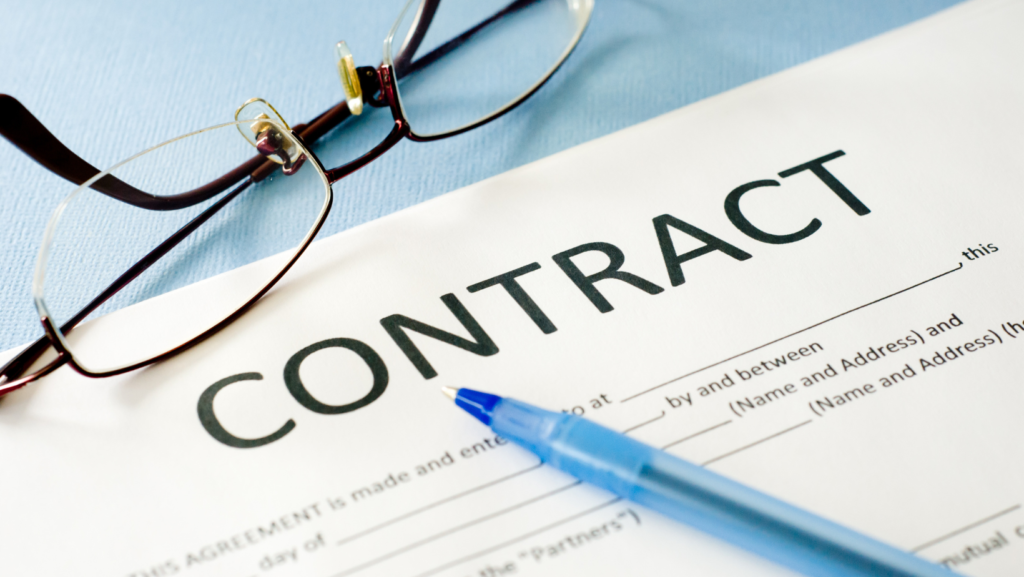
Each business transaction is unique. The parties, the circumstances, the industry: all combine to create a unique set of circumstances for the transaction. And, the contract signed by the parties should be tailored to the specifics of the transaction. However, there are some contract provisions that should be in every contract, whether it’s a purchase agreement, services agreement, manufacturing agreement, licensing agreement, or an employment agreement. That is because regardless of the business relationship between the parties, the legal relationship between the parties boils down to the enforceability of the contract. These provisions are often referred to as “boilerplate provisions”. Below are three “boilerplate provisions” that are too often neglected by businesses when entering into contracts.
Prevailing Party
In the United States, we follow the American Rule when it comes to attorney’s fees where each party is responsible for paying its legal fees. Thus, it is important to include a prevailing party clause in any contract you enter into, which is nothing more than agreement by the parties that in the event of a dispute, the prevailing party will have its attorney’s fees reimbursed by the non-prevailing party. This is critical when deciding whether to file an action in the event of default by the other party. For example, if you have a dispute over $50,000, and it will cost you $50,000 in legal fees that you cannot recoup, from a practical perspective it may not make sense to go to court. As such, the prevailing party provision is often the most important provision for protecting your interests.
Amendment
Many contracts can continue for many years, during which time circumstances between the parties will change. And, even contracts that are for a very short period are susceptible to changes (as 2020 proved). To ensure flexibility and reduce ambiguity, it is important for the contract to have an amendment provision that clearly provides how the agreement can be amended and exactly to go about it. For example, can the parties agree over a zoom to change the delivery date? Or must it be modified in writing? Will the agreement be terminated automatically by an event or are there certain prerequisites? An amendment provision will help avoid these issues and ensure a strong and unambiguous agreement.
Governing Law/Venue
When a dispute arises between parties to a contract, where will the lawsuit occur? Really, it’s up to the parties and should be clearly set out in the agreement. This, unfortunately though, is an issue that comes up quite frequently when doing business with companies from other states and the person signing doesn’t read the agreement then learns later that they will have to hire counsel in another state to bring a claim or defend in that other state. Or when someone downloads a template contract they Googled and find out later they agreed to California courts and law even though they are based on the other side of the country. It is important the parties discuss and agree what courts and what laws will control when a dispute arises. It will save everyone involved time and money.
At Ser & Associates, we regularly draft and negotiate contracts for our clients. If we can assist you in negotiating your next contract, please contact us at 305.222.7282 or Info@Ser-Associates.com. Also, please be sure to visit us at www.Ser-Associates.com and follow us on Instagram, Facebook, and/or LinkedIn to learn more about how we can assist you and your business!
